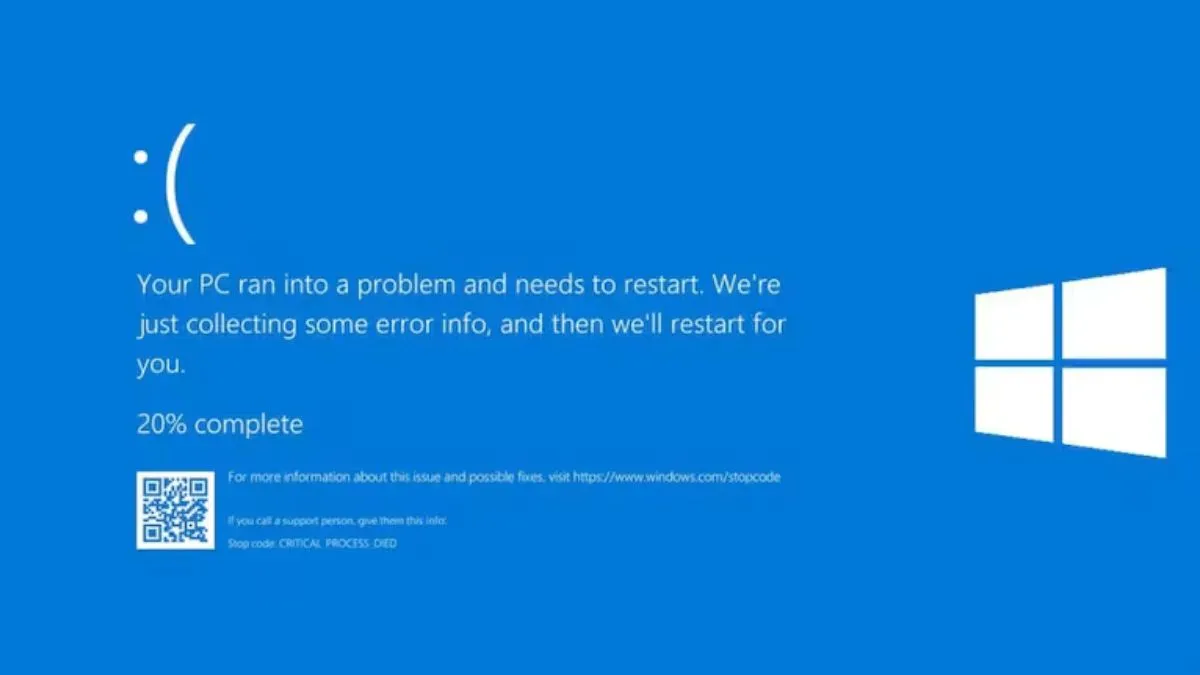- By Alex David
- Mon, 01 Sep 2025 04:06 PM (IST)
- Source:JND
Microsoft came forward clarifying people’s doubts about the claims of latest Windows update damaging the hardware and slowing down the PCs. The reports were linked to a benchmarking bug that was came with the update.
KB5041587 Bug caused False reports of SSD slowdown; fix now available
Few days back, videos and some articles went viral claiming that a recent Windows 11 update i.e. KB5041587 to be exact is slowing down users’ PC or even some got bricked using the Phison controllers. There were some users who posted it on social media and Reddit posts showing low read and write speeds when comparing NVMe performance to older hard disks.
ALSO READ: Google Vids Now Free For All Workspace Users: Here’s How To Use It
What Happened After the Update
The issue was first noted in August 2025, when users started noticing significant drops in performance in their Windows 11 metrics after installing the KB5041587 update in their system. Some third party tools like CrystalDiskMark displayed some unusual numbers that were quite low. This caused panic among the PC enthusiasts, games and some professionals whose work rely on their SSD’s performance.
As nowadays, SSDs are one of the most important components of the PC as they have faster loading and better read and write speeds. As this update affected the boot times, app responsiveness, games speeds, and users were quick to blame Microsoft for pushing a buggy latest Windows update.
Microsoft’s Response
A statement was made by the Microsoft reported by The Verge, where Microsoft denied the bug saying:
“After thorough investigation, Microsoft has found no connection between the August 2025 Windows security update and the types of hard drive failures reported on social media.”
To explain it, the problem was because of the incorrect reporting of the performance metrics, and it was not actually an SSD degradation. A new update, KB5042615 was pushed to fix the error. This update will ensure that the benchmarking tools are once again displaying the correct numbers.
Microsoft reassured users that:
- No SSDs were physically damaged.
- Performance was unaffected in real-world use cases.
- Users can continue using their devices without concern.
Phison’s Investigation
Seeing the panic in users, Phison, a leading SSD controller manufacturer also launched its own investigation on August 18th. And by August 27th, they concluded in their report that the issue could not be replicated.
Phison conducted 2,200+ test cycles across 4,500 hours of stress testing, concluding that:
- There was no reproducible slowdown.
- No failures were observed in test environments.
- None of its partners or enterprise customers reported related issues.
Why Users Were Concerned
The quick panic was because users affected the SSDs directly which impacted the system’s responsiveness and gaming performance and productivity workloads. This drop in the speed metrics made people panic and it raised the fears of hardware damage, especially users becoming cautious about that update.
Although the issue turned out to be purely cosmetic in reporting, it highlights how performance-related glitches can quickly spark widespread concern in the PC community.
ALSO READ: Apple iPhone 17 Pro Max Revealed In Flipkart Big Billion Days Ad Ahead Of Its 9 September Launch
What Users Should Do
If you were one of the users who installed KB5041587 update and noticed SSD slowdown in benchmarking, the solutions remains simple:
- Install the KB5042615 update released officially by Microsoft fixing the bug.
- Run the performance tests to confirm the accurate readings.
Microsoft confirmed that the performance of the PCs never declined, only the tests and reported numbers were incorrect.
It was a bug that caused the Windows 11 SSD crash or slowdown and it is not about the failure or damage of the hardware. Both Microsoft and Phison confirmed that the SSDs are unaffected by that update; only numbers were misleading. You can simply update your PC to the latest version that comes with the fix and it will restore your actual benchmark readings to continue using their devices without any issues.

